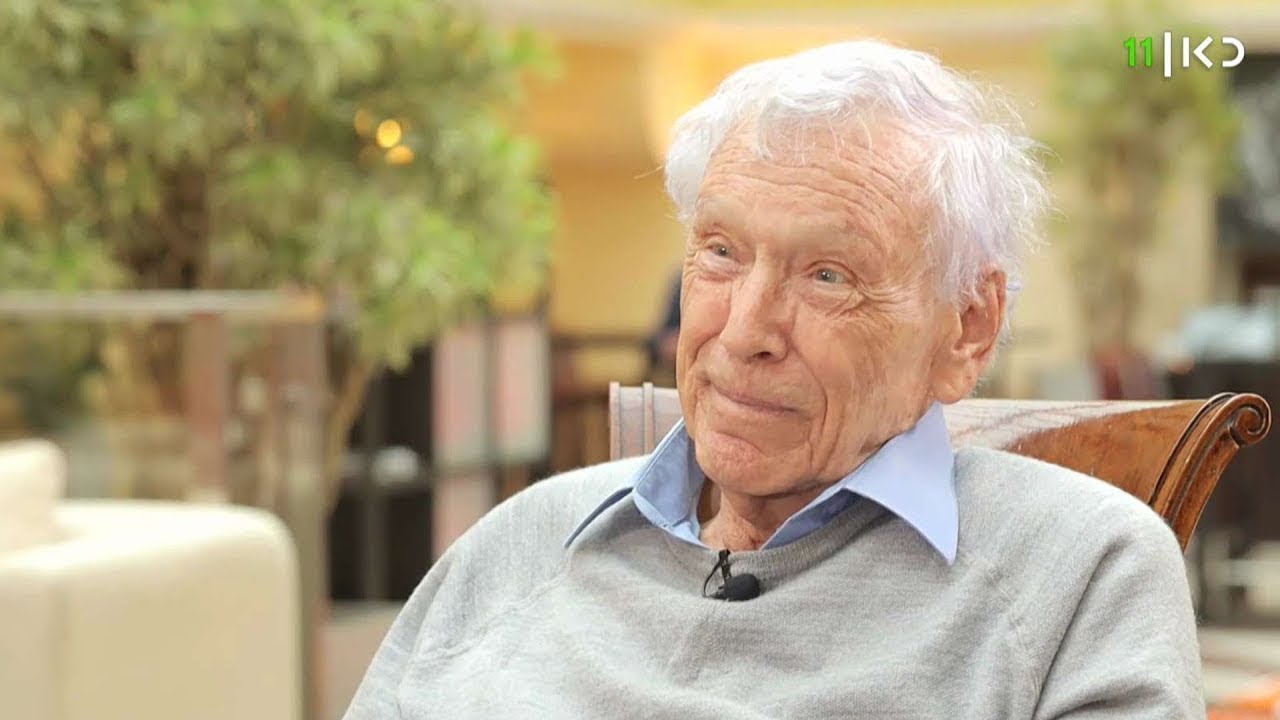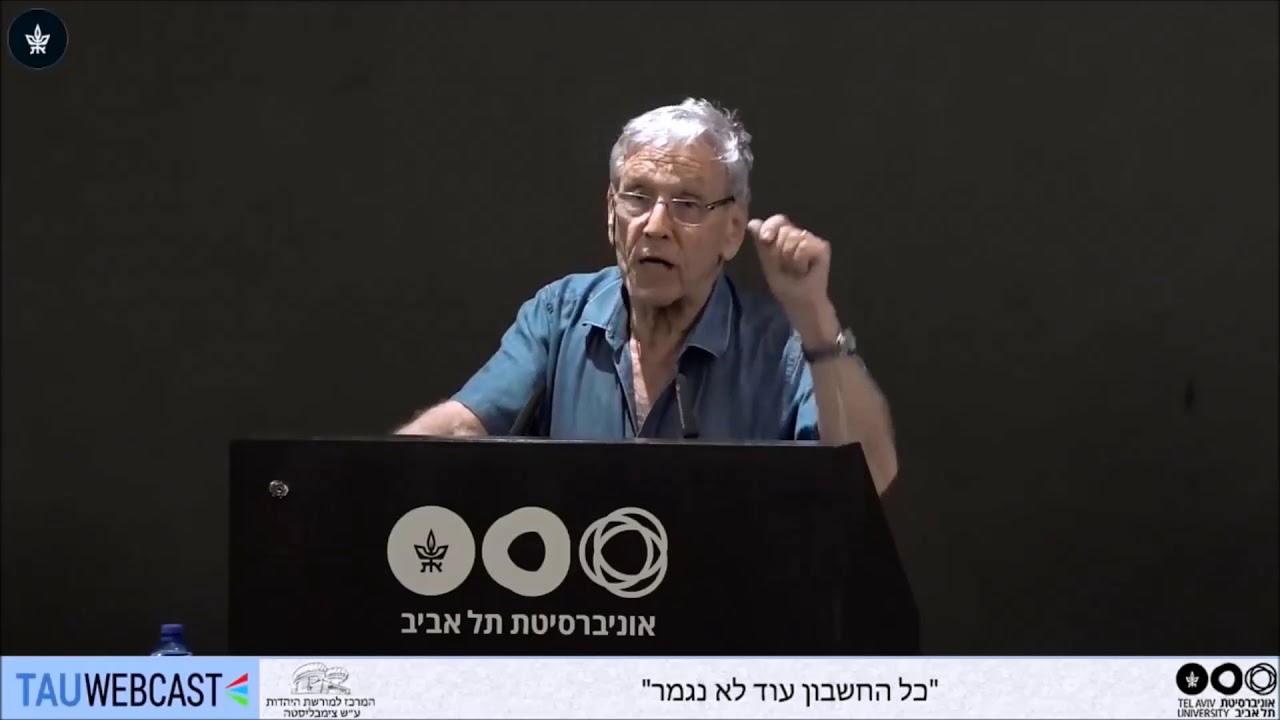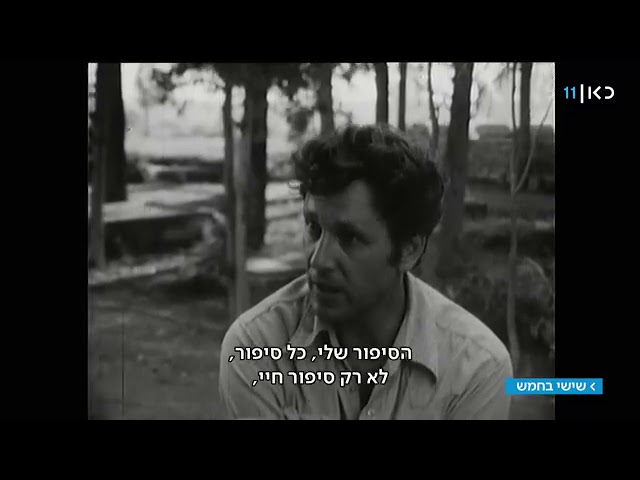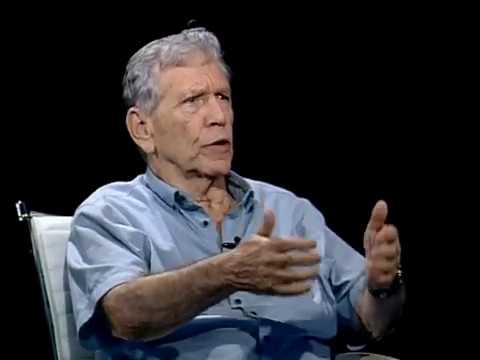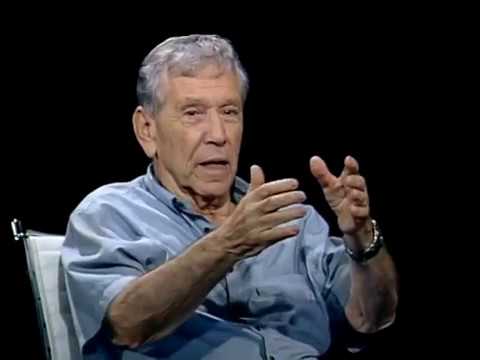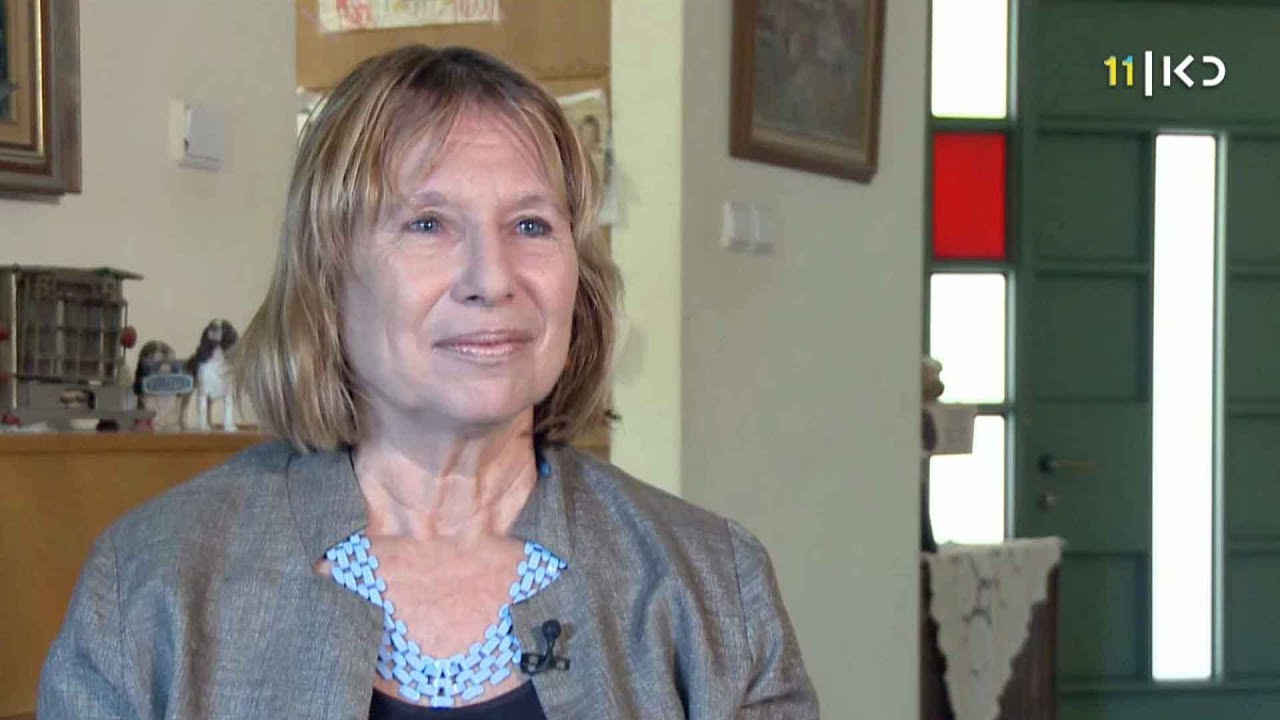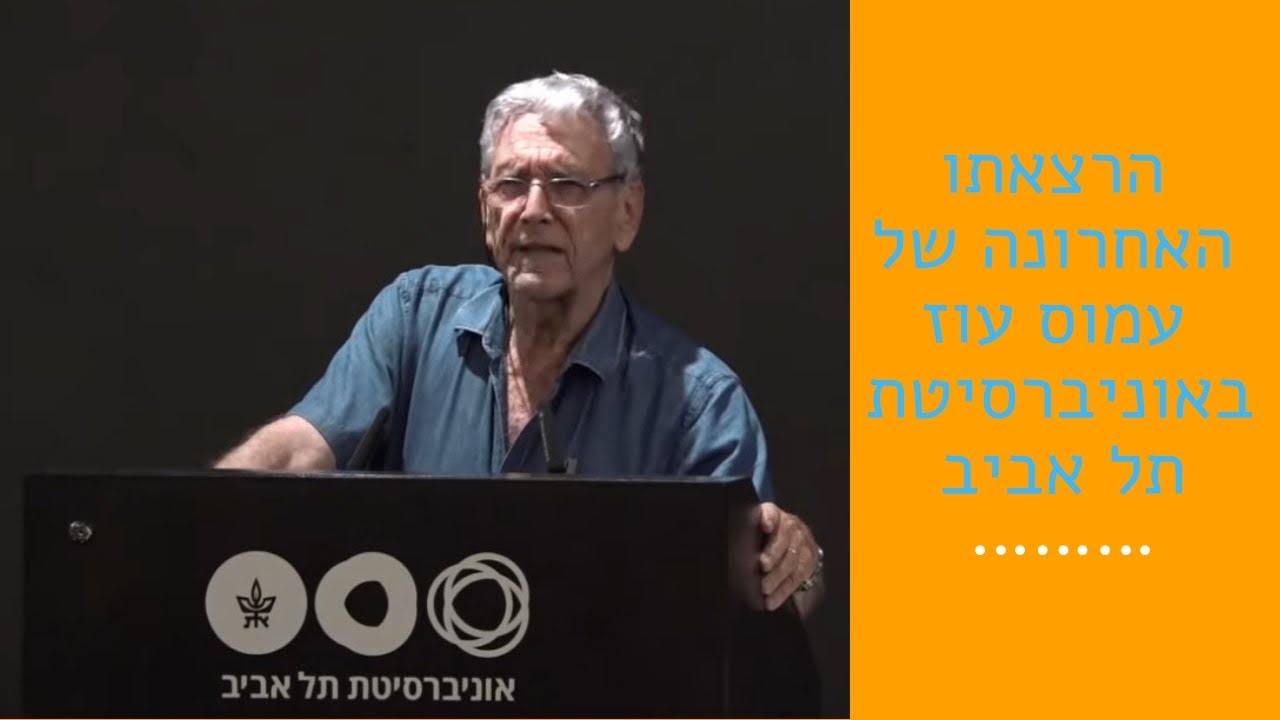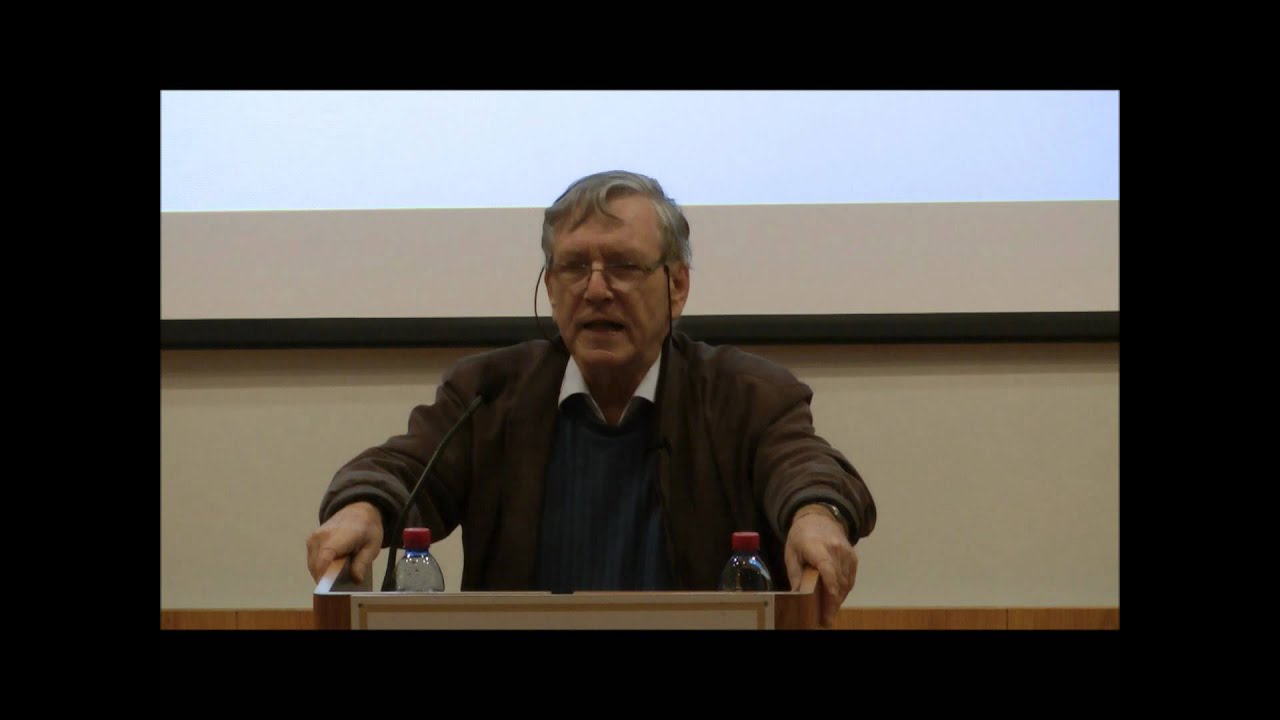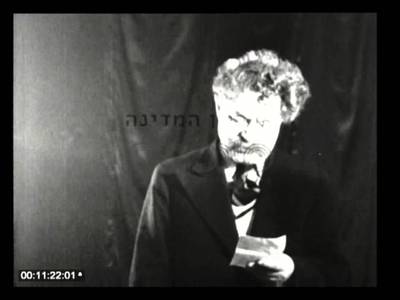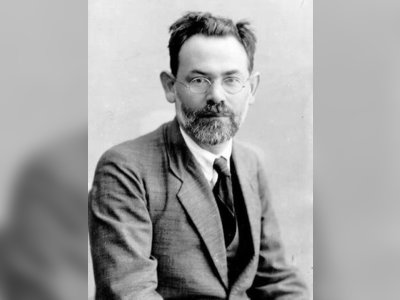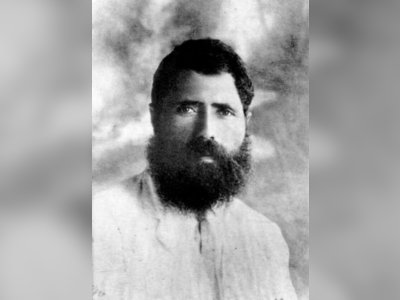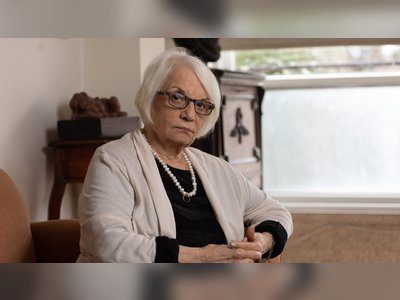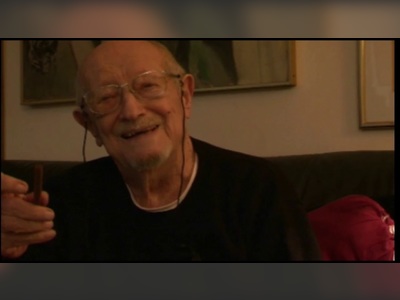מורשת גדולי האומה
בזכותם קיים
beta
Amos Oz: A Literary Luminary and Intellectual Giant
Amos Oz (born Amos Klausner on May 4, 1939 – December 28, 2018) was an Israeli writer and intellectual, renowned as one of Israel's preeminent authors and a professor of literature at Ben-Gurion University in the Negev.
His intellectual pursuits delved into literature, Israeli and Zionist identity, and socio-political thought from a social-democratic perspective. Oz's works and stories were translated into 45 languages, more than any other Israeli writer. He received prestigious literary awards both in Israel and around the world, including the Israel Prize (1998), the Goethe Prize (2005), the Heinrich Heine Prize (2008), and the Bialik Prize. From 2007 until his passing, he was repeatedly mentioned as a worthy candidate for the Nobel Prize in Literature.
Early Life
Amos Oz was born as Amos Klausner in Jerusalem into a family of prominent Revisionist Zionists on May 4, 1939. His father, Yehuda Arieh Klausner, was a doctor of Hebrew literature and worked at the National Library. His mother, Fania Mussman, studied philosophy and history at the University of Prague and at the Hebrew University in Jerusalem. His paternal uncle, Prof. Yosef Klausner, was the head of the Hebrew Literature Department at the Hebrew University and was also a candidate for Israel's presidency in the 1949 elections, which he lost to Chaim Weizmann. His maternal grandfather was a flour miller in modern-day Ukraine and immigrated to Israel in 1934. Tragically, his mother took her own life when Amos was just 12 years old.
Amos Oz grew up in the neighborhood of Kerem Avraham in Jerusalem. In second grade, he learned poetry from his neighbor, the poet Zelda. Although his family had little religious affiliation and his father held negative views of religious clergy of all faiths, Amos attended the religious "Tachkemoni" elementary school. This decision was made due to a lack of alternatives as the other option was the Workers' Children's School, a socialist institution associated with the Labor Movement. His father strongly opposed this choice for ideological and political reasons. Some of his high school studies were conducted at the Hebrew Gymnasia Rehavia.
At the age of 14½, he left home and joined Kibbutz Hulda, where he lived a full kibbutz life from 1954 to 1985.
Service in the IDF
Amos Oz served in the IDF in the 50th Paratroopers Brigade, part of the Paratroopers Division. After his military service, he pursued studies in philosophy and Hebrew literature at the Hebrew University in Jerusalem.
Personal Life
Amos Oz married Nily, a fellow member of Kibbutz Hulda and the daughter of the kibbutz librarian. They had three children. His daughters, Prof. Fania Oz-Salzberger and Galia Oz, are also engaged in literary writing. His youngest son, Daniel, is a poet and musician.
Several years after the birth of his son, Amos Oz left the kibbutz due to his son's illness, moving the family to Arad. In his later years, he resided in Tel Aviv.
Passing
Amos Oz passed away on December 28, 2018, after battling cancer. He was 79 years old. He was buried in the cemetery of Kibbutz Hulda, where he had spent a significant part of his life.
Early Life
Amos Oz was born as Amos Klausner in Jerusalem into a family of prominent Revisionist Zionists on May 4, 1939. His father, Yehuda Arieh Klausner, was a doctor of Hebrew literature and worked at the National Library. His mother, Fania Mussman, studied philosophy and history at the University of Prague and at the Hebrew University in Jerusalem. His paternal uncle, Prof. Yosef Klausner, was the head of the Hebrew Literature Department at the Hebrew University and was also a candidate for Israel's presidency in the 1949 elections, which he lost to Chaim Weizmann. His maternal grandfather was a flour miller in modern-day Ukraine and immigrated to Israel in 1934. Tragically, his mother took her own life when Amos was just 12 years old.
Amos Oz grew up in the neighborhood of Kerem Avraham in Jerusalem. In second grade, he learned poetry from his neighbor, the poet Zelda. Although his family had little religious affiliation and his father held negative views of religious clergy of all faiths, Amos attended the religious "Tachkemoni" elementary school. This decision was made due to a lack of alternatives as the other option was the Workers' Children's School, a socialist institution associated with the Labor Movement. His father strongly opposed this choice for ideological and political reasons. Some of his high school studies were conducted at the Hebrew Gymnasia Rehavia.
At the age of 14½, he left home and joined Kibbutz Hulda, where he lived a full kibbutz life from 1954 to 1985.
Service in the IDF
Amos Oz served in the IDF in the 50th Paratroopers Brigade, part of the Paratroopers Division. After his military service, he pursued studies in philosophy and Hebrew literature at the Hebrew University in Jerusalem.
Personal Life
Amos Oz married Nily, a fellow member of Kibbutz Hulda and the daughter of the kibbutz librarian. They had three children. His daughters, Prof. Fania Oz-Salzberger and Galia Oz, are also engaged in literary writing. His youngest son, Daniel, is a poet and musician.
Several years after the birth of his son, Amos Oz left the kibbutz due to his son's illness, moving the family to Arad. In his later years, he resided in Tel Aviv.
Passing
Amos Oz passed away on December 28, 2018, after battling cancer. He was 79 years old. He was buried in the cemetery of Kibbutz Hulda, where he had spent a significant part of his life.
